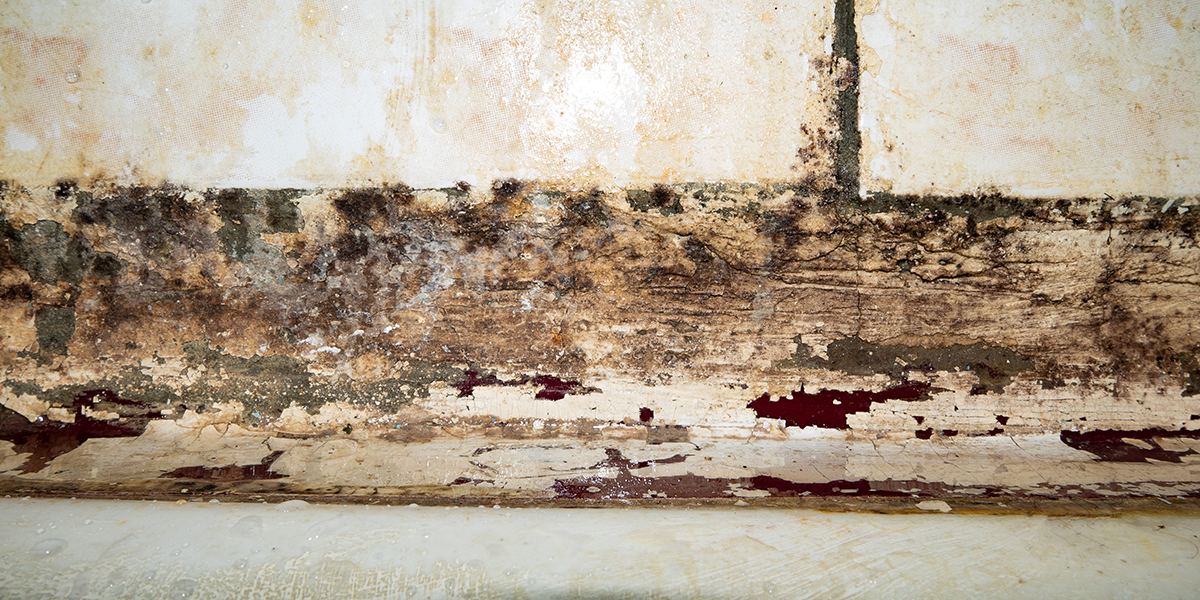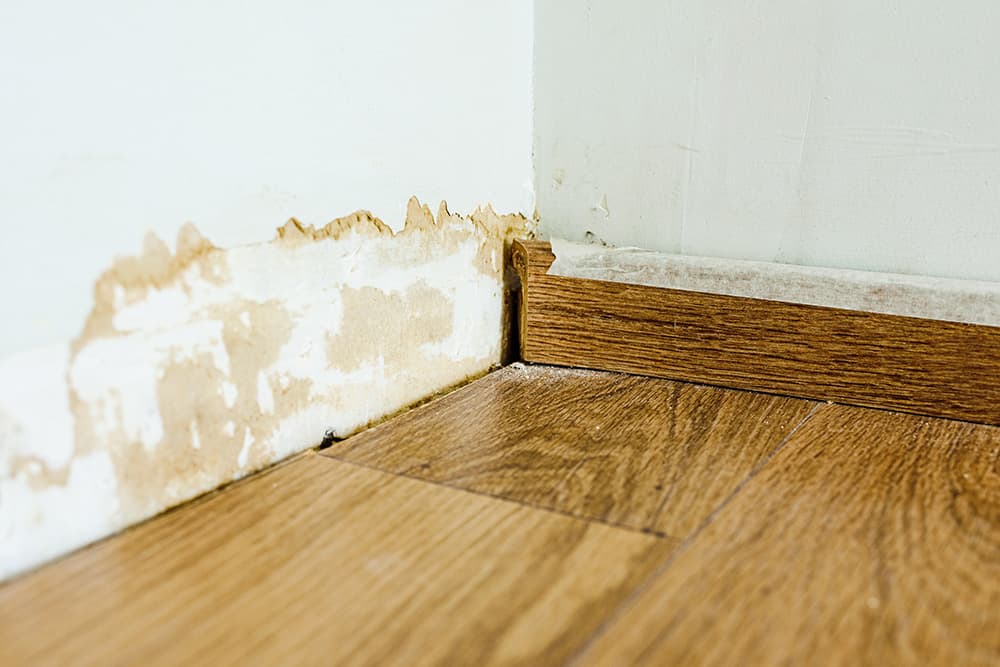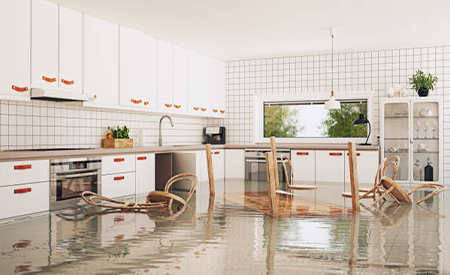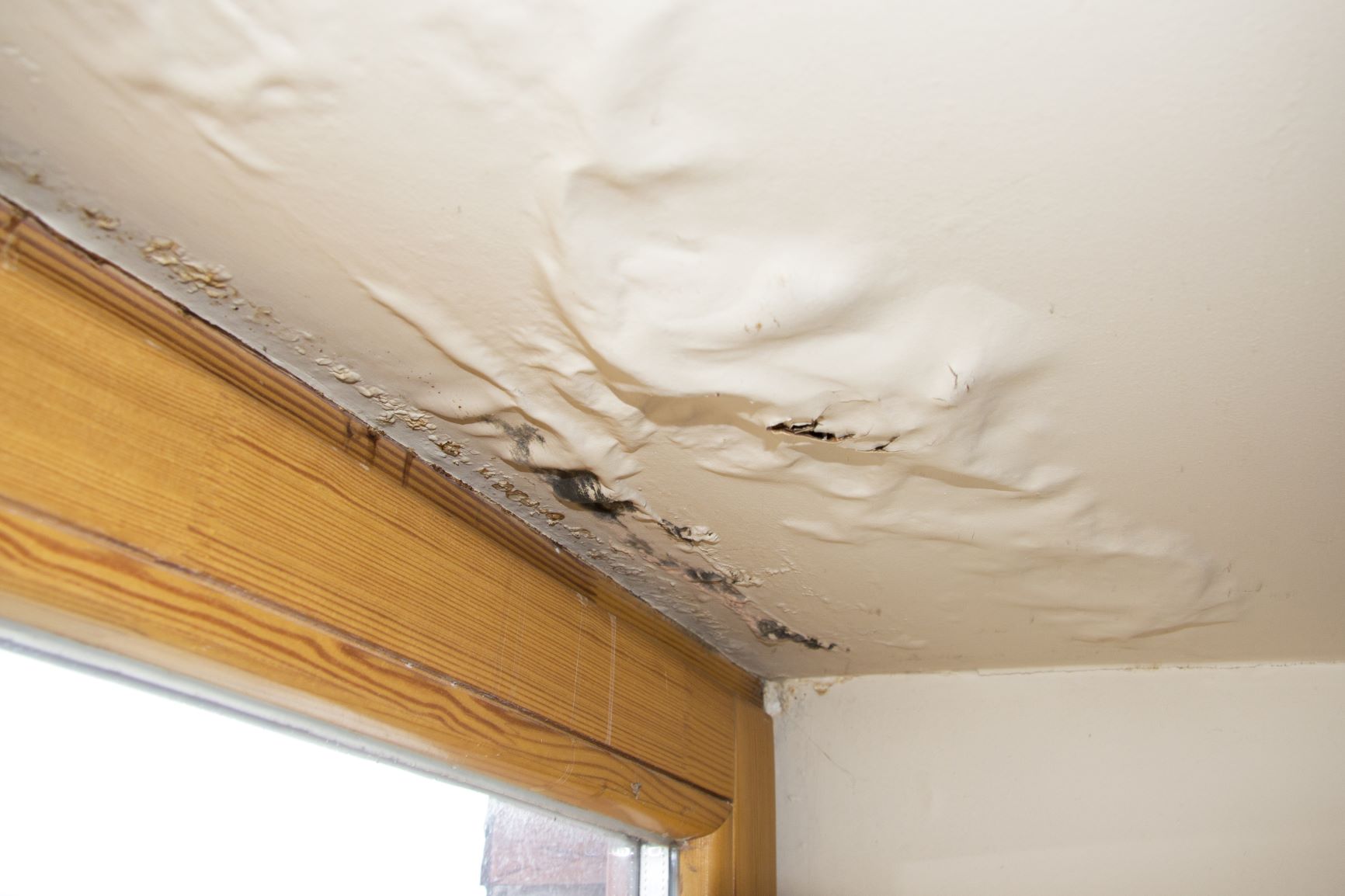The Refine of Water Damage Cleaning: Ensuring Your Home Is Recovered Successfully
Water damages can be a challenging difficulty for property owners, demanding a organized and meticulous cleanup process to recover safety and security and performance. damage restoration services. Following this, efficient water extraction techniques play a crucial function in mitigating additional damage.
Examining the Damage
Upon finding water damages, the very first step is to thoroughly analyze the degree of the impact. This preliminary evaluation is vital, as it helps identify the required steps for reliable clean-up and restoration. Begin by inspecting the impacted locations, consisting of walls, ceilings, floorings, and personal valuables, to identify the source of the water intrusion, whether from flooding, leakages, or condensation.
Documenting the damage is crucial for both insurance coverage claims and preparing restoration initiatives - damage restoration services. Usage photographs and created notes to record the intensity of the damage, noting any affected architectural components and materials. Pay special focus to locations that may not be immediately visible, such as behind walls and under rugs, as hidden moisture can result in more problems, including mold growth
In addition, evaluate the timeline of the water direct exposure. Inevitably, a comprehensive assessment lays the groundwork for an effective water damages cleanup process, making certain that all influenced locations are attended to efficiently and completely.
Water Removal Techniques

Specialists typically utilize completely submersible pumps for larger quantities of water, which can rapidly ease flooding in cellars or other affected locations. For smaller sized amounts, wet/dry vacuums are typically used to draw out recurring dampness from carpets and hard surfaces. In addition, using mobile extractors enables targeted elimination in constrained spaces or locations with fragile materials.
In circumstances of polluted water, such as sewage or floodwater, progressed extraction strategies may include the use of biohazard equipment to make certain security and conformity with wellness policies. High-powered removal tools are crucial in lessening water retention in structural products, which can cause mold and mildew growth and architectural damage otherwise attended to promptly.
Ultimately, the efficiency of water extraction strategies plays a critical role in the overall success of the water damage cleaning process, preparing for succeeding restoration efforts.
Drying and Dehumidification
When standing water has been properly drawn out, the next important phase in the water damage cleanup process is drying out and dehumidification. This step is necessary to prevent additional damages and mold growth, which can happen within 24 to two days in damp environments.
To attain reliable drying out, customized equipment such as industrial-grade air moving companies and dehumidifiers is used. Air moving companies flow air throughout wet surfaces, boosting evaporation rates, while dehumidifiers minimize moisture degrees airborne, promoting a favorable setting for drying. The mix of these devices guarantees that dampness is extracted from floors, wall surfaces, and furnishings, permitting them to dry completely.
It is essential to monitor the drying out procedure closely. Specialists usually utilize wetness meters to examine the moisture material in numerous materials, making certain that all influenced areas reach appropriate dryness levels. This careful method aids to stop hidden dampness pockets that might bring about structural damage or undesirable mold development.

Cleaning and Sterilizing
After the drying and dehumidification phase is website here total, the following essential action in water damage cleanup is cleaning up and sterilizing the affected locations. This process is important to prevent the growth of mold and mildew, bacteria, and various other virus that flourish in moist atmospheres.
The cleaning phase commonly includes eliminating any kind of debris, dust, and contaminants from surfaces utilizing specialized cleansing representatives. For hard surfaces, a great post to read mix of soap and water or commercial cleansing items is typically employed. Soft materials, such as furniture and carpetings, may require much more substantial cleansing techniques, consisting of steam cleaning or deep removal methods, to ensure extensive sanitation.

Sterilizing follows cleaning, making use of EPA-approved anti-bacterials to eliminate unsafe microorganisms. This action is vital, particularly in locations that may have entered call with floodwaters or sewage, as these sources can present major wellness threats.
Furthermore, it is necessary to attend to any staying smells, which might call for using odor neutralizers or innovative techniques like ozone treatment. Proper cleansing and disinfecting not just recover the safety and security and health of your home yet also prepared for successful reconstruction and repairs in subsequent phases of the water damage clean-up procedure.
Reconstruction and Fixings

Once the evaluation is complete, restoration efforts can start. This typically includes repairing or changing broken products, making certain that all job adheres to regional building regulations and requirements. As an example, if drywall has actually been jeopardized, it will certainly require to be gotten rid of and replaced with new material. Additionally, flooring may call for similar interest, depending on the degree of water exposure.
It is crucial to engage skilled repair specialists during this process, as they have the know-how to handle complex fixings effectively. They can aid mitigate potential future concerns, such as mold growth or architectural instability, hence guaranteeing a secure and habitable living atmosphere. Ultimately, effective repair and repair work bring back the home's honesty and enhance its total value.
Verdict
Finally, the procedure of water damage cleanup is this content critical for recovering a home to its pre-damage condition. Each stage, from evaluating the damages to applying efficient water removal strategies, complied with by thorough drying out, disinfecting, and needed repair services, plays a crucial function in ensuring safety and conformity with building standards. Reliable execution of these actions not just alleviates prompt damages however likewise boosts the long-term honesty and worth of the residential property.
Water damages can be a difficult difficulty for property owners, necessitating a meticulous and structured cleanup process to recover security and performance. Inevitably, a thorough assessment lays the foundation for a successful water damage clean-up procedure, making sure that all impacted locations are dealt with properly and extensively.
Effective water extraction strategies are vital in minimizing damage and preventing more complications complying with a water breach event.In final thought, the procedure of water damage clean-up is vital for recovering a home to its pre-damage problem. Each phase, from evaluating the damage to applying efficient water extraction strategies, followed by complete drying out, sterilizing, and needed fixings, plays a crucial function in ensuring security and conformity with building requirements.